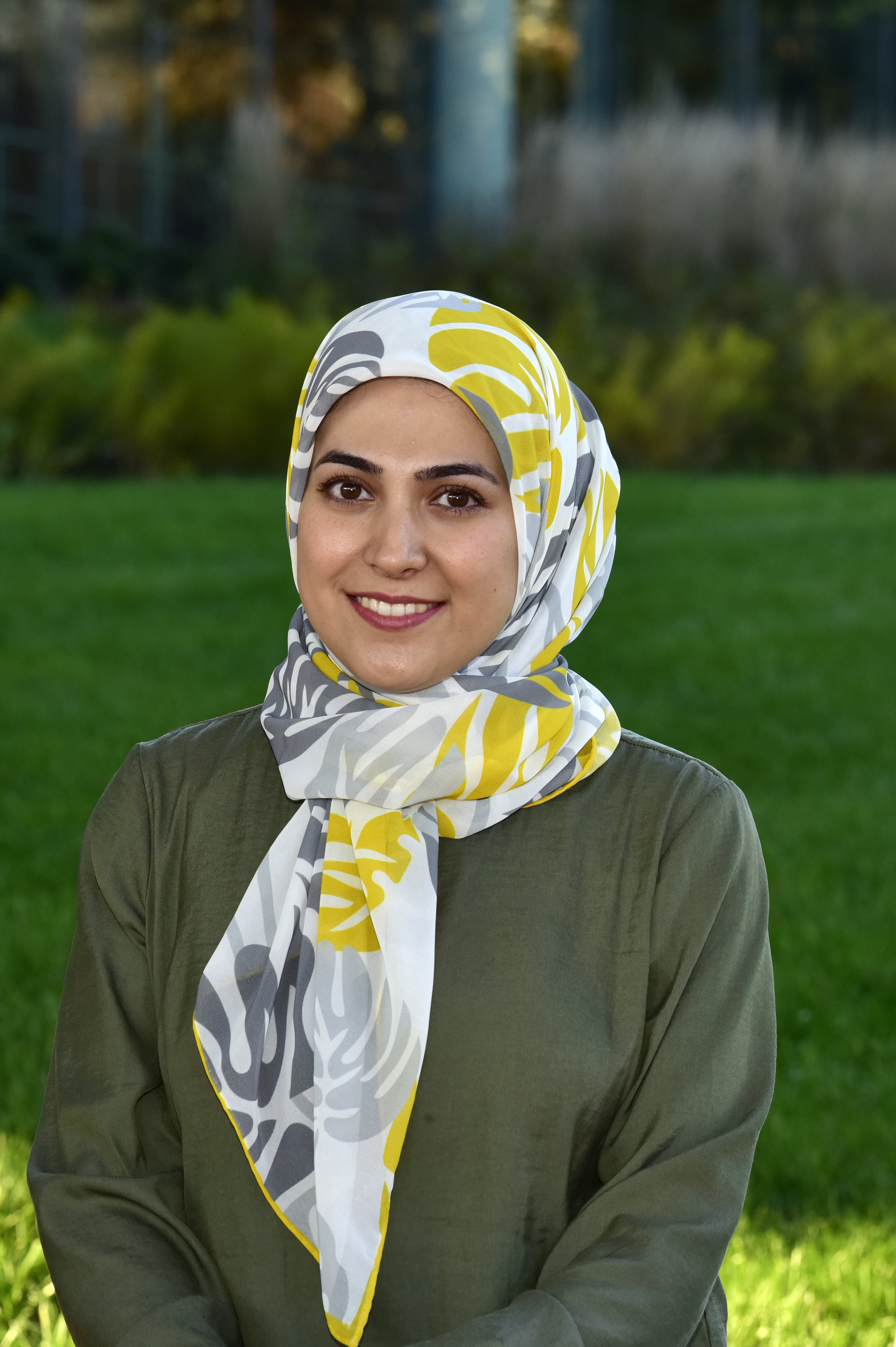 |
 In Dorchester County, Maryland, the effects of climate change are apparent—and having an impact on communities. The historic county, birthplace of Harriet Tubman and epicenter of the state’s seafood industry, is slipping underwater as sea levels rise because of climate change. Notes UMD civil and environmental engineering doctoral student Zeinab Yahyazadeh Jasour:“roads are flooding with only a small amount of rain, and people are losing their access. They can’t get out to buy groceries. They can’t go to their jobs. Their kids are missing school." In Dorchester County, Maryland, the effects of climate change are apparent—and having an impact on communities. The historic county, birthplace of Harriet Tubman and epicenter of the state’s seafood industry, is slipping underwater as sea levels rise because of climate change. Notes UMD civil and environmental engineering doctoral student Zeinab Yahyazadeh Jasour:“roads are flooding with only a small amount of rain, and people are losing their access. They can’t get out to buy groceries. They can’t go to their jobs. Their kids are missing school."
Working with her mentor, UMD assistant professor of civil and environmental engineering Allison Reilly, Jasour has been studying how climate is affecting transportation and the movement of goods and people around the Eastern Shore. “It’s important to look at the entire network,” she said. “Say we decide to protect a particular road and not another. What will this mean for people in the area? How much longer will it take them to get to where they need to go?”
Such questions are particularly urgent because many communities in Dorchester County—including those situated on islands—have only one way in and out. The loss of a single road can isolate large sections of the county. While some key roads can be raised or buttressed with levees or seawalls, others cannot be saved even with the most ingenious tools engineers can offer. In those cases, Jasour said, residents will need to think about relocation.
Dr. Reilly, Jasour's advisor, says her research not only can support state officials as they grapple with the need for long-term planning, but can help ensure that protection and mitigation strategies are equitable.
"Maryland has 7,000 miles of coastline, and Dorchester County alone has 2,000 miles," Reilly said. "Given the sheer magnitude of the challenge involved in protecting our coasts, and the costs involved, we're going to have to make choices about what is feasible to protect. The reality is that over the long term, we're looking at massive loss of land."
"Whenever there is a massive infrastructure project, there are people who benefit," she said. "On the Eastern Shore, we're trying to evaluate, on a parcel level, who stands to benefit. While we would hope that the benefits would be felt equally among demographics, we want to ensure that they don't accrue primarily to people who are already weallthy, who have the ability and capacity to adapt or relocate."
The current project is one of three that Jasour has undertaken together with Reilly, all dealing with the effects of climate change. In the others, she has focused on spatial risk assessment of parks by identifying the vulnerabilities of parks and proposing approaches (via SWOT analysis) to improve its resilience capacities, and on the impact of climate change on agriculture in Maryland’s Eastern Shore. All three projects can be utilized by communities as they map out the best strategies for protecting their way of life in the decades ahead.
Related Articles:
Sea Level Rise Could Leave Many Marooned
Grant Awarded for Study of Climate-Induced Septic Tank Failures
Advancing Climate-Smart Construction
Ayyub Named One of ENR's 2017 Top 25 Newsmakers
Conduit Study Wins Capstone Expo Award
Key Bridge: What Comes Next?
A Wider Lens
Ayyub Featured in ASCE Article on Climate Resilience
Rejoining the Paris Accord: Scholars Respond
How COVID Complicates a Historic Hurricane Season
November 26, 2021
|

